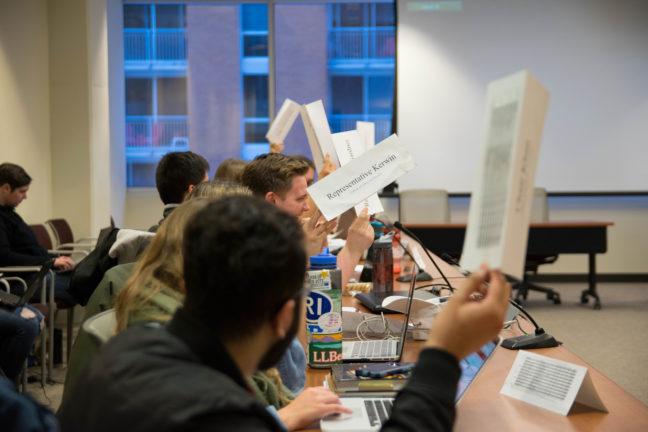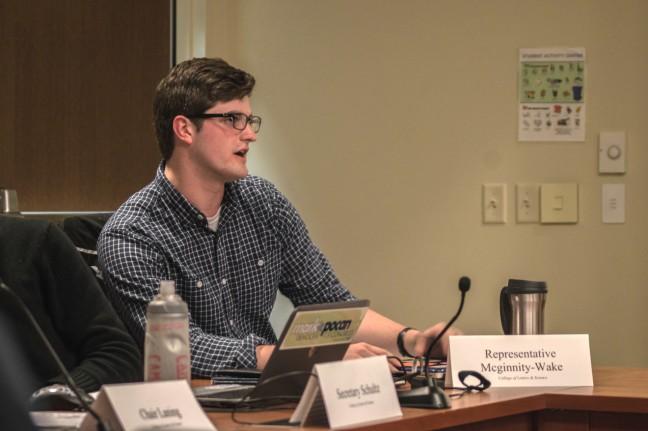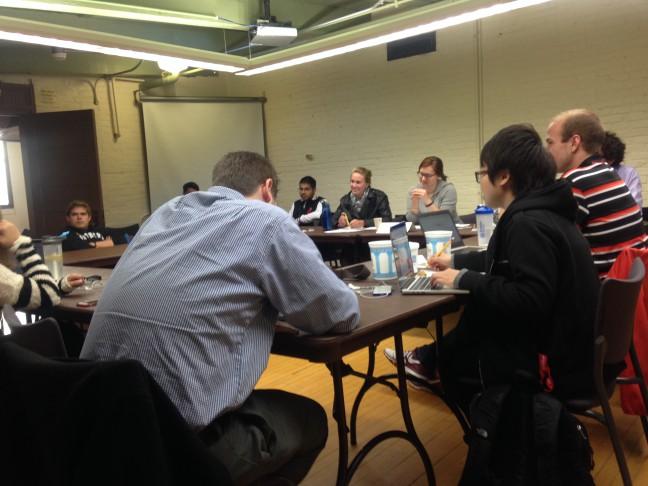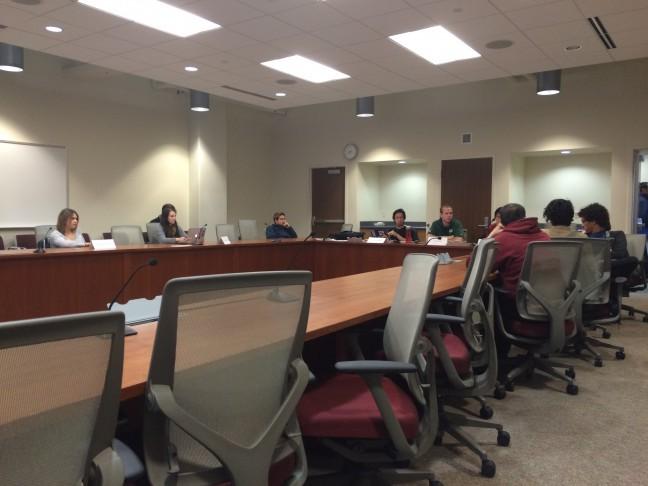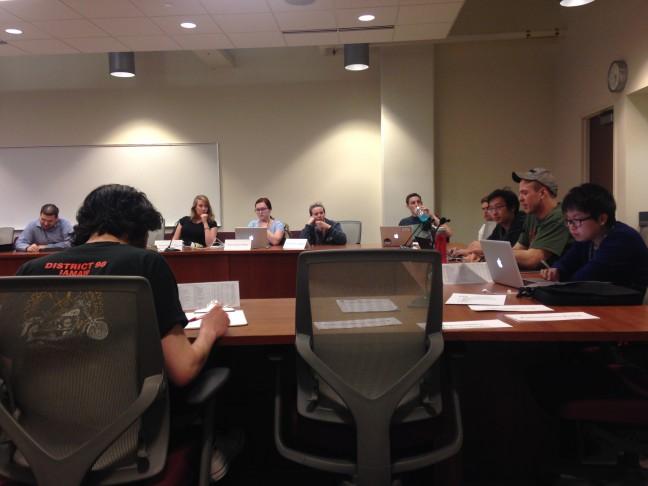A new national figure that suggests total student debt is now more than $1 trillion has led many in the University of Wisconsin System to express concern over the implications the hikes may have on students.
According to the U.S. Consumer Financial Protection Bureau, the nation’s total outstanding student debt has surpassed $1 trillion, approximately 16 percent higher than projections made by the Federal Reserve Bank of New York.
The average for the entire UW System is approximately $27,000, spokesperson David Giroux said.
According to UW-Madison Financial Aid Director Susan Fischer, the average student loan debt of undergraduates at the flagship is $24,493.
However, as much as the CFPB projects large increases in loan debt rates, Fischer said UW remains at the national average.
“We are seeing increases a little. Not hugely. There are big concerns for for-profit schools – private loans, and such,” Fischer said.
Former chancellor and UW professor John Wiley, an expert in higher education administration and policy, agreed with Fischer. However, he said he still has concerns with the prospect of increasing student loan debts.
According to Wiley, the System is not the “big part of the problem” in the CFPB projection because of its lower ranging tuition rates. The for-profit sector of education is responsible for this large rise in student loan debt, Wiley said.
However, Wiley said he still believes that because of disinvestment in the state budget, tuition is currently too high in the System.
“It’s cheaper than private schools, so it’s still a bargain,” Wiley said. “However, if you are still raising tuition at a higher rate, eventually it catches up with you.”
Wiley speculates such continual rises in tuition at the university will eventually lead to vast economic effects in Wisconsin in terms of employment and the housing market. He said it would affect the housing market because it would affect students’ ability to get a mortgage.
As seen through the medical, law and education degree programs, the rise in student loan debt is already having an effect on specific kinds of university graduates, Wiley said.
“If you graduate with debt you need to go into a profession that pays well enough for you to pay it off,” Wiley said. “Fewer students want to go into teaching because income is not sufficient. Same with lawyers, there is less interest in public interest law. There is a trend away from the lower paid and toward higher paid specialties.”
Despite this, Giroux said in today’s “down” economy, a college education remains one of the best investments one can ever make.
As a public university, Giroux said affordability is a primary concern. However, although the System’s mission is to provide broad access to a college education, Giroux questions how much debt is too much.
Wiley said UW’s “public” feature is one of the only solutions to the rising student loan debt problem, but worries action will only be taken in a time of crisis.
“I have sort of a pessimistic view of this,” Wiley said. “I think democracy is terrible at looking forward to the future but it is brilliant at reacting to crisis. The crisis will be when the majority realizes that they cannot afford a college education any longer.”












